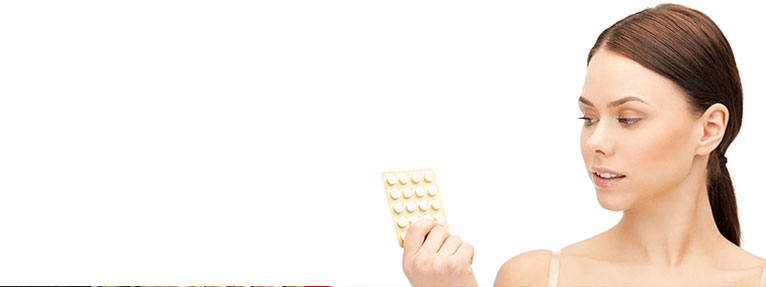Poor dental hygiene and a diet packed with sugary treats are well-known risks for tooth decay, but did you know that there are a number of other habits that could be detrimental to your oral health?
Brushing and flossing your teeth, as well as coming in for regular check-ups and cleans are all important habits when it comes to maintaining healthy teeth and gums. But there are a number of other activities that could be causing harm to your oral health. Read on to find out what they are…
Brushing your teeth right after eating
You might think that you are doing the right thing by cleaning your teeth immediately after a meal, but the reality is that brushing right after eating can actually cause more harm than good. When we eat, acids and sugars are produced in the mouth, which temporarily weaken the enamel. If you brush your teeth right after eating, you end up brushing away at this weakened enamel before it has a chance to harden again.
Try and wait at least half an hour after eating before brushing your teeth. This will ensure that you remove food particles and bacteria from your mouth, but that you are not causing damage to your teeth in the process.

Taking the pill
Certain progesterone-only contraceptive pills may cause inflammation and bleeding of the gums. This is because they tend to increase progesterone levels in the body, a hormone that can trigger inflammation. A similar phenomenon occurs during pregnancy when progesterone levels are higher than usual, and gums often become inflamed and bleed during brushing and flossing.
If you are on the pill and have noticed that your gums bleed when brushing, it can be helpful to speak to your practitioner about changing to a contraceptive pill that contains lower levels of progesterone if this is suitable for you. It can also be helpful to rinse with an antiseptic mouthwash in order to prevent plaque from forming on your teeth, and remember to come in for regular dental check-ups and cleans.
Drinking very hot beverages
When the teeth are exposed to sudden temperature changes, the enamel can crack. This means that if you drink a very hot drink after coming in from the cold, cracks could develop in your teeth. Usually, these cracks are superficial and barely visible, but they can become stained by dark foods and drinks and cause cosmetic concerns. It is important to note, however, that these types of cracks generally only occur if your teeth are exposed to extremes of temperature frequently. To avoid cracks from forming, simply limit extreme changes in temperature in your mouth.
Taking certain medications
Antihistamines, which are often used in allergy medications, can cause a dry mouth and increase your risk of tooth decay and gum disease. If you take antihistamines regularly, try sipping on water throughout the day to avoid a dry mouth, or chew on some sugar-free gum to boost saliva production.
The medications used in asthma inhalers have also been linked to an increased risk of tooth decay because they tend to be quite acidic. If you use an inhaler, try and remember to rinse your mouth out with water after each use.
Biting on hard objects
One of the worst habits you can have when it comes to the health of your teeth is to chew on very hard objects, such as ice, fingernails and the packaging of foods and drinks. Biting on these types of objects can actually put considerable stress on your teeth and even lead to cracks and chips. Avoid chewing the ice in your drinks, and use scissors when opening snacks and drinks rather than your teeth.
For more advice on taking care of your teeth and gums, we encourage you to come in for a personal consultation. Please don’t hesitate to get in touch with us here.

